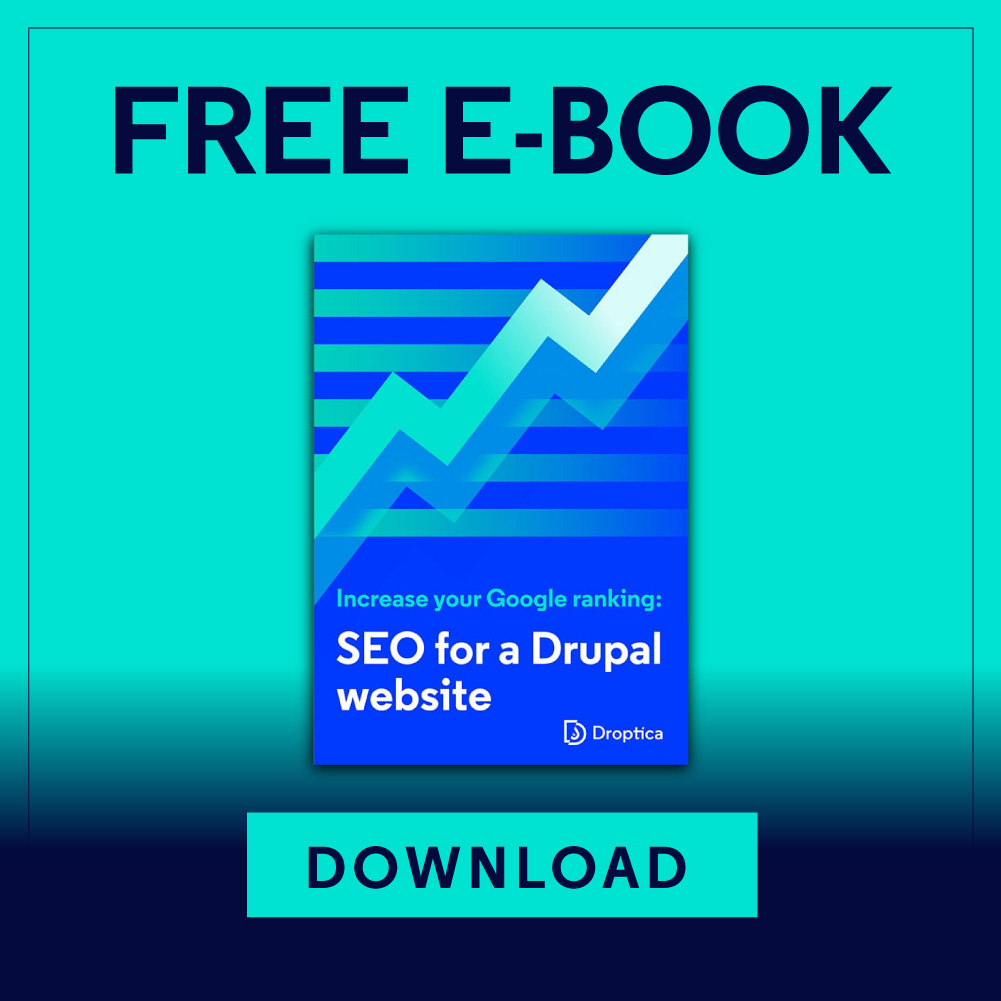
Why you should have a website?
Do you really believe that showcasing your company on Facebook is enough for your company to get noticed in the internet? Before you answer, check the advantages of having your own website!
“Do I really need a website for my company?” This is a question that many entrepreneurs need to answer. Perhaps hearing such a question should make us feel offended, but in the depths of our souls, we understand this dilemma. After all, it only takes a few clicks to appear on the Internet. Adding a new point of interest in Google Maps or setting up a fan page on Facebook is an ideal solution for the very beginning, as it does not require thinking about the design of a website or taking care of the proper functioning of servers. The presence in social media is free of charge. Is it enough then to just create a profile to be really visible?
No! Having no website deprives your company of the enormous potential offered by the Internet.
Why does Facebook cut reach?
Let’s be honest here: you shouldn't expect a fan page alone to guarantee you a lot of clients or investors. Social Media is not and has never been a communication channel that is fully sales-oriented. If you need proof, just take a look on the latest change in the algorithm displaying posts on the Facebook timeline, which is supposed to promote content shared by family and friends at the expense of content from other media or created by companies. On the other hand, Social Media is a perfect way to engage users in interaction with the brand and showcase the human face of your business. Due to their nature, Social Media allows for a limited number of activities. However, if used in an appropriate manner, they are the perfect way to redirect your customers to platforms that are really adapted to the company's goals – whether it’s a charity fundraiser website, a downloadable application or a promoted service. Each of these examples requires a different type of action on the part of the potential user.
Creating a User Experience
Unlike social media, where you are forced to use the design imposed by platform designers, on your own website you can plan all the (good) impressions that you want to offer your visitors from scratch. In addition, on your own website, there are no restrictions regarding the promotion and visibility of posts, which cause headaches even among the most creative marketing teams.
You can design what content will be displayed and in what order, you can even guide the visitor to become a customer (or even an ambassador) of the brand and then modify it as needed.
Who is the target of your content?
Information that allows you to adapt the company’s message to a potential customer is another issue that we would like to talk about. After all... How are you supposed to modify a message if you have no idea who will get it? Social Media platforms provide users with little information about visitors. These are mainly sparse demographic and reach data for shared posts. The situation is slightly better when you decided to use external tools to manage and publish content on the company’s channels, thanks to which you can discover who can be considered an ambassador of the company or in what context the words associated with the brand are mentioned. However, this is still not much compared to the possibilities offered by services like Google Analytics. Having your own website enables you to collect very accurate demographic and location data about users, information about how they found the website and what exactly they were looking for. If you are looking for a way to improve your product or expand your brand, you should treat it as a source of inspiration!
Let yourself be found online!
Collecting data about people interested in your services requires users to interact with you first. You need a website to increase the chance of finding information about your company on the Internet. Finding your company on Facebook or Twitter requires entering the exact name. Publishing information about your company on Google extends the possibility of finding your company to the immediate vicinity. If you have your own website, potential customers will be able to find you in many ways other than directly. Depending on the content on your website, keywords will vary, but their variety will have a positive impact on the visibility in the search results.
How much does it cost?
What about the price? Not everyone can afford to employ a graphic designer and developer who will add new information to the website, and free solutions available on the market are often ugly, or hardly offer anything more than a fan page in Social Media.
At Droptica, we found a solution to this problem. We have created a free system based on Drupal, which simplifies building up your own website. Ready-made sections enable you to add photos, text, forms and many other elements in a way that resembles playing with Lego blocks. The system is primarilty created to build corporate websites, but any type of website can be built on it. The website built in this way retains the functions we mentioned earlier. You can find out how to achieve this, as well as much more information about the project at https://www.droopler.com
Summary
As you can see, there are numerous arguments for not limiting our visibility on the Internet to social media only. Social Media websites themselves have many limitations that will not allow you to use the full potential of your company. Together with a well-designed website, however, they will create a duo with a positive impact on brand recognition, reputation and profitability of your business.
Do you know any other advantages? Share your insights with us.
If you have any doubts about having your own website, feel free to contact us - also via our social media channels! :)










